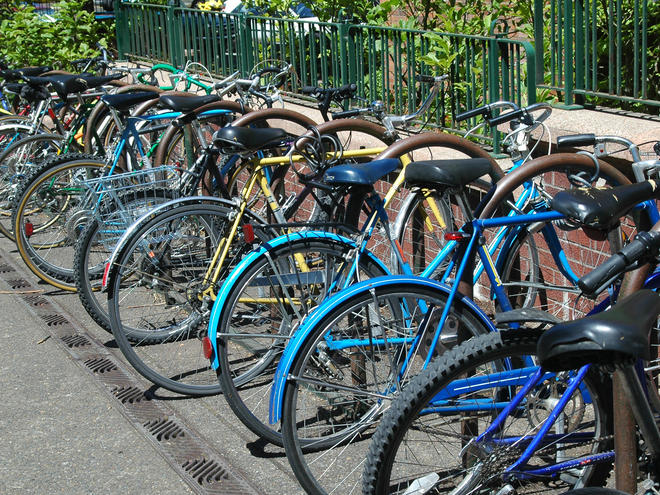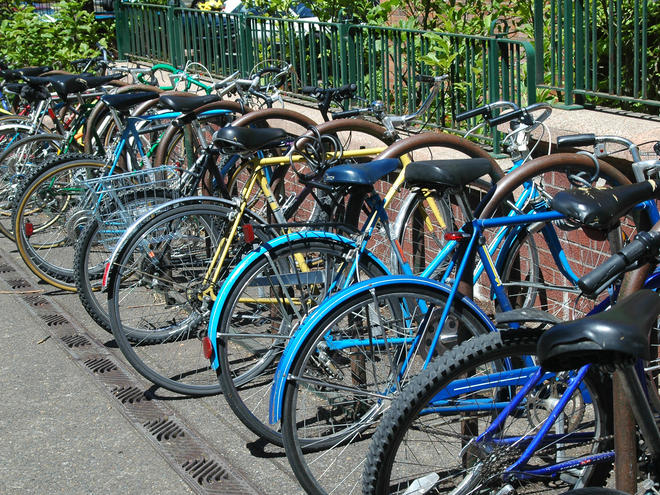Going beyond Earth Hour
Published by the World Wildlife Fund

Around the globe, we are already feeling the effects of climate change: extreme weather events, melting glaciers, and rising sea levels, to name a few. These impacts may sometimes leave us feeling helpless. But if we act now, we can stave off the most dire impacts of a warming world. There is plenty that we can do as individuals to make a real difference. Together, we can better prepare for these risks and shift the way we all use energy and engage with the environment.
For four decades, WWF has been part of the movement to fight this global crisis. Our vision is a world powered by renewable energy, where communities and ecosystems are resilient in the face of climate changes.
Each and every one of us can engage in the movement to help animals, people and the planet. Now that you’ve joined hundreds of millions of people around the world in switching of your lights for one designated hour, continue to show your solidarity for climate action. Try to tackle one, two, or even all nine of the items on this list below. With your help, we can all move toward a safer world for ourselves, our children and the rest of life on Earth.
9 Simple Ways to Take Action on Climate Change
- Participate in the People’s Climate March to show the world that Americans support action on climate change
- Sign up for an energy audit for your home. Often these are free from your utility and they’ll help you find ways to cut energy use and save money, too!
- Lower the thermostat on your hot water heater to 120 degrees Fahrenheit.
- Unplug all appliances when you’re not using them, and turn off your computer and monitor when you no longer need them. Contrary to popular belief, turning them on and off will not cause damage.
- Wash clothes in cold water to reduce the energy needed to heat water and make your clothes last longer.
- Air dry dishes rather than using the heated drying cycle in the dishwasher.
- Use a High Efficiency washer when possible to save energy and reduce carbon emissions.
- Bike, walk or take public transit to work one day (or more) per week.
- Buy renewable energy from your energy provider. Most utilities offer this option, and it is usually not much more expensive than paying for dirty energy.
Read the full article at: http://feedproxy.google.com/~r/WWFStories/~3/83-WVAb3tCA/going-beyond-earth-hour




